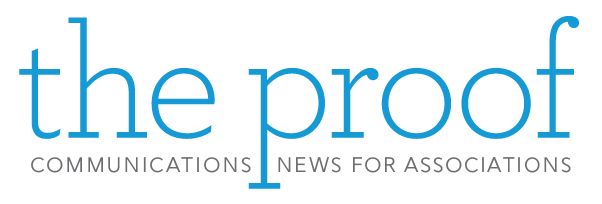
In today’s dynamic business landscape, effective teamwork is a cornerstone of success. A well-coordinated team can accomplish more, innovate better, and navigate challenges with greater ease. In this article, we will explore the importance of team building, its benefits, and practical strategies to cultivate a cohesive and high-performing team.
The Significance of Team Building
Team building is the process of bringing together individuals with diverse skills, strengths, and backgrounds to work harmoniously towards a common goal. It fosters mutual understanding, trust, and a sense of belonging among team members.
Benefits of Team Building
- Enhanced Communication: Team building activities facilitate open and effective communication, breaking down silos and promoting a culture of transparency.
- Improved Collaboration: By encouraging collaboration, team building enhances the flow of ideas and promotes creative problem-solving.
- Boosted Morale and Motivation: Engaging team building activities can boost morale, increase job satisfaction, and inspire a sense of purpose among team members.
- Conflict Resolution Skills: Through team building, individuals learn to navigate conflicts constructively, resulting in stronger and more resilient teams.
- Increased Productivity: A cohesive team is often more productive, as members are aligned in their goals and work together efficiently.
- Fostered Innovation: Teams that trust each other are more likely to take risks, leading to increased innovation and creativity in problem-solving.
Strategies for Effective Team Building
- Define Clear Objectives and Roles: Clearly articulate team goals, individual responsibilities, and expected outcomes. This provides a clear roadmap for the team to follow.
- Facilitate Communication: Encourage open and honest communication. Regular team meetings, brainstorming sessions, and feedback loops are essential.
- Leverage Strengths and Skills: Recognize and utilize the unique strengths and skills of each team member. This not only optimizes performance but also fosters a sense of value and contribution.
- Diverse Perspectives Matter: Embrace diversity within the team. Different backgrounds and perspectives can lead to more comprehensive problem-solving and creativity.
- Engage in Team Building Activities: Plan team-building activities that challenge and encourage collaboration. This can range from outdoor adventures to indoor problem-solving games.
- Promote Trust and Psychological Safety: Foster an environment where team members feel safe to express their opinions, ask questions, and take risks without fear of ridicule or retribution.
- Celebrate Achievements and Milestones: Recognize and celebrate both small and large achievements. This reinforces a culture of appreciation and motivates the team to strive for excellence.
- Encourage Personal Growth and Development: Provide opportunities for skill-building, training, and professional development. This not only benefits individual team members but also strengthens the team as a whole.
Team building is not a one-time event but an ongoing process that requires dedication, open communication, and a genuine commitment to the success of the team. By fostering a culture of trust, collaboration, and mutual respect, you can build a high-performing team that achieves remarkable results and navigates challenges with confidence. Remember, a strong team is a powerful asset that propels your organization towards greater success.









